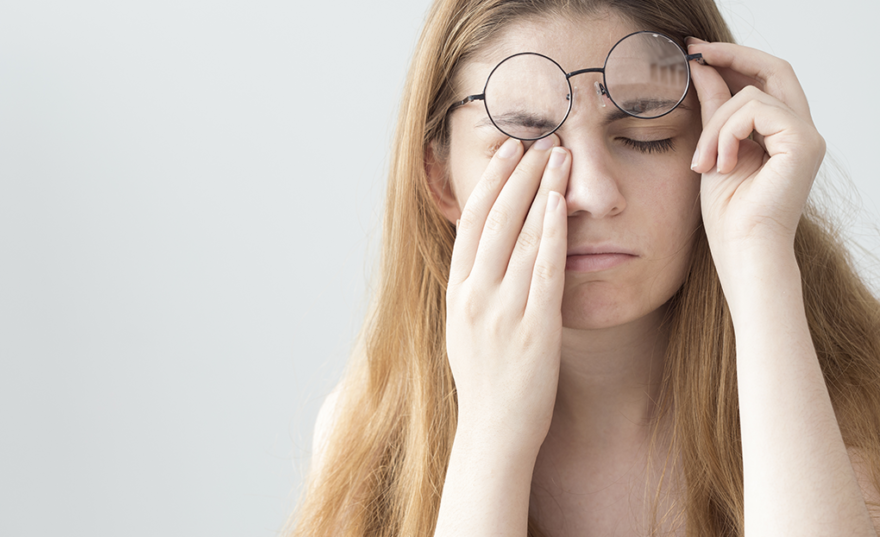A new study published in the Journal of Child Psychology and Psychiatry has found that young people who have poor sleep quality and quantity might be at risk of poor mental health later in adolescence and early adulthood. The study, conducted by Faith Orchard and colleagues, aimed to understand whether specific aspects of sleep are associated with current anxiety and depression, or are risk factors for future anxiety and depression. To do so, they studied a large cohort of about 4,700 teenagers. First, they investigated cross-sectional associations of self-reported sleep patterns and quality with anxiety and depression at age 15. Then, they evaluated longitudinal associations of these age-15 sleep measures with age-17, 21 and 24 anxiety and depression.
Teenagers with no anxiety or depression reported around 8 h sleep per night on a weeknight, and >9.5 h sleep on weekends, at age 15. In comparison, those with depression had more difficulties with both their sleep patterns (including less sleep) and sleep quality at age 15, whereas those with anxiety had difficulties with sleep quality but not patterns. Strikingly, anxiety and depression in later adolescence and early adulthood were predicted by some aspects of sleep patterns (less sleep on school nights) and sleep quality (daytime sleepiness, night waking, and perception of whether they had enough sleep) at age 15. This was the case even after accounting for age-15 anxiety and depression.
If confirmed, these findings have various implications for how we might better support young people. “Given that young people with depression seem to experience very poor sleep, current interventions for depression might benefit from an additional focus on managing sleep”, says Orchard. “In addition, as a range of sleeping difficulties were significant predictors of future anxiety and depression, even amongst young people not currently experiencing mental health problems, our findings would also suggest that all teenagers with sleep difficulties would benefit from receiving support for their sleep both to improve their current wellbeing but to potentially prevent long-term difficulties with anxiety and depression”.
Studies are now warranted to confirm these findings that have been collected based only on self-reporting of sleep. Future research is also required to examine potential sleep interventions, and to better understand how and when it is optimal to intervene.
Listen to a podcast with Dr. Faith Orchard on this paper and watch the video abstract.
This paper will be discussed at our new FREE online journal club CAMHS around the Campfire, see here for more details and to sign up.
Referring to
Orchard, F., Gregory, A.M., Gradisar, M. & Reynolds, S. (2020), . J. Child Psychol. Psychiatr. doi: 10.1111/jcpp.13288.

